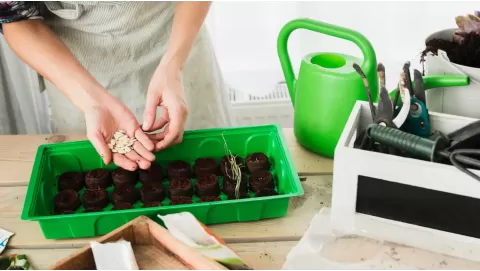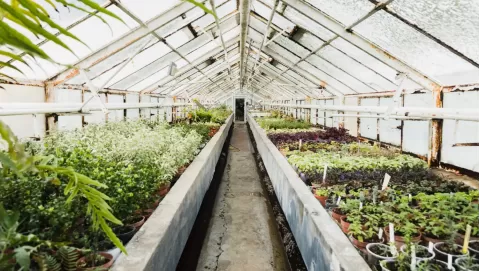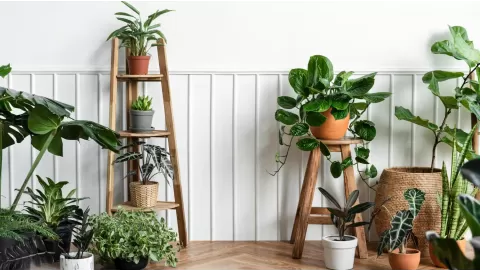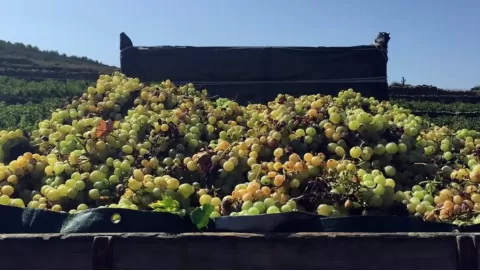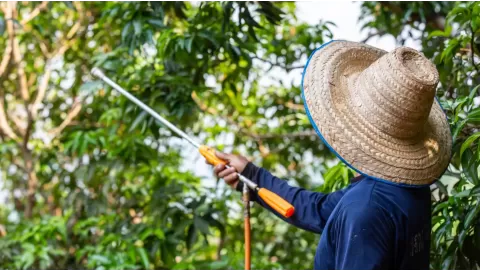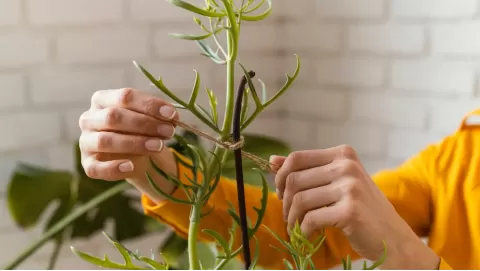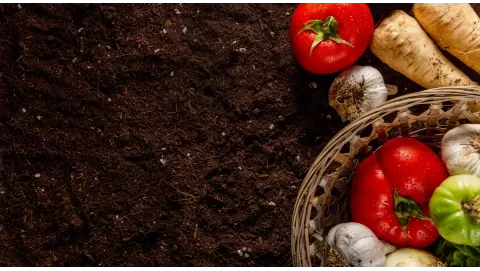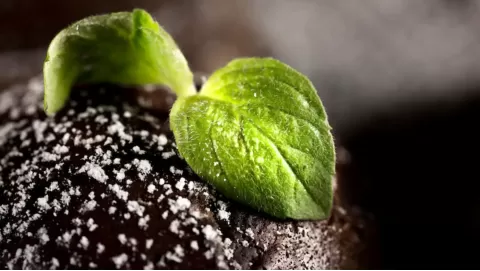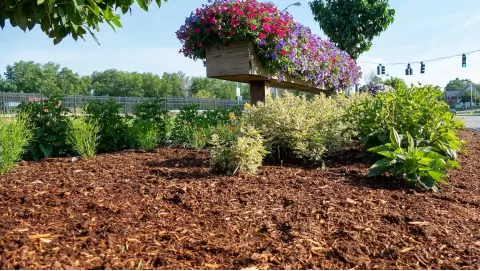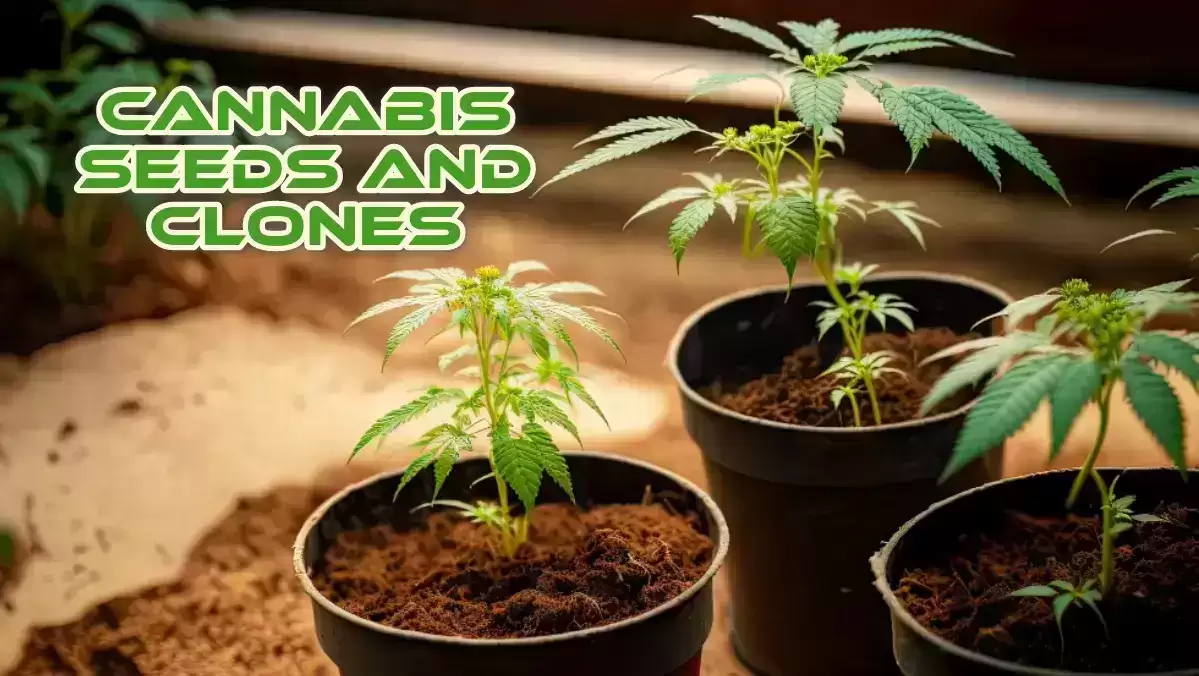
Advanced Cultivation Techniques: Cannabis Seeds And Clones
In the ever-changing cannabis market, a sector continuously at the forefront of innovation and change, the intricate interplay between genetics, cultivation practices, and evolving techniques determines the path that the future will take. The life of this rapidly expanding sector is contingent upon the careful interaction of a number of different factors.
In the cultivation of cannabis, the fundamental significance of genetics sits at the very center of this growing sector. Genetics, which goes beyond the mere strains and variations, serves as the basis for determining the final product's potency, tastes, and distinctive characteristics. The nuanced art of selecting and manipulating these genetic codes has become a pivotal factor in meeting consumer preferences and navigating the complexities of regulatory frameworks.
The cannabis industry is currently in a state that reflects a landscape that is characterized by increasing demand, growing markets, and the ongoing development of cultivating techniques. The conventional methods of cloning, the promise of exclusive line-bred strains, and the current debate between beginning with seeds or clones will all be examined in this article. When the industry is working to strike a balance between innovation and tradition, it is essential to have a solid understanding of both components to discover the unrealized potential that lies within cannabis growing.
Environmentally Friendly And Productive Farming Methods
In the cannabis environment, the necessity of employing farming methods that are both environmentally friendly and productive has become more and more apparent. The roles of clones, seeds, and developing approaches are coming to the forefront.
These developments have the potential to rethink how people approach the growth of cannabis on a large scale. Enthusiastic cultivators are dedicated to maximizing yields and potency by focusing on the meticulous care of female cannabis plants during the growing process, ensuring a successful and bountiful harvest.
In cannabis cultivation, the role of male plants is as crucial as their female plants, as the union of these genders directs the intricate process of pollination, giving rise to a diverse and vibrant array of strains in the cannabis world.
Overview Of Cloning Techniques
Cloning is a popular process in the ever-evolving world of cannabis production. It provides growers with a method that is both exact and controlled, allowing them to replicate desirable genetic characteristics without going through the unpredictable variables that are associated with seed propagation.
The process of cloning involves the creation of replicas of a parent plant that are genetically identical to the original cannabis plant. This allows the plant's unique characteristics to be passed down through consecutive generations. It is of the utmost importance for growers to have a thorough awareness of the complexities of cloning processes as they attempt to achieve consistency and reliability in their harvests.
The Traditional Methods For Cloning
The process of traditional cloning typically involves taking cuttings, often known as "clones," from a mother plant that has been carefully selected. After that, these cuttings, also referred to as "stems" or "shoots," are encouraged to form roots and eventually grow into plants independent of their parent plant.
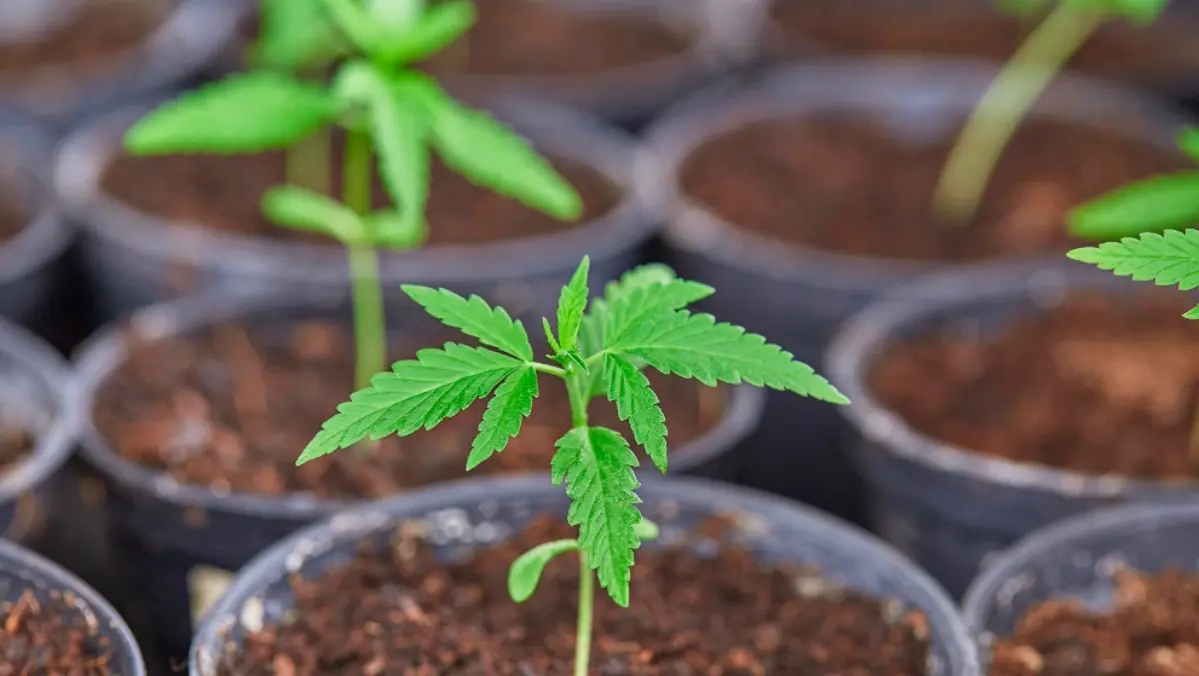
Because of its simplicity of use and high level of efficiency, this technique has become an industry-standard in the agriculture industry. Specific characteristics, like potency, flavor, and yield, can be passed down from generation to generation by farmers, thereby assuring that the crop is consistent throughout.
Cultivators are embracing the future of cannabis farming by integrating advanced techniques, combining the reliability of cannabis clones with the precision of feminized seeds, ensuring optimal genetics and sustainable practices for a thriving cultivation ecosystem. In the art of cannabis cultivation, the cultivation prowess lies in the careful nurturing of mother plants, serving as the foundation for the bountiful and resilient offspring of cannabis plants grown with precision and expertise.
Aeroponic Cloning
The technology of aeroponic cloning is more modern and cutting-edge. With this technique, cuttings are suspended in a chamber, and a nutrient-rich mist is continuously sprayed over the stem that is exposed.
In this way, rapid root development is encouraged, ultimately resulting in healthier and more robust clones. Conventional soil-based cloning may be susceptible to the presence of diseases or pests; however, aeroponic systems offer a sterile and efficient environment, reducing the likelihood of these issues.
Gel And Rooting Hormones
Rooting hormones or gels are often used in the process of cloning, regardless of the method that is applied. As a result of these chemicals' ability to encourage root formation, the likelihood of successful cloning is increased.
Auxins are a class of plant hormones that encourage the formation of roots, and rooting hormones themselves contain auxins. Applying these hormones to the cuttings, which helps to stimulate the creation of a robust root system, can be accomplished in a way that is both convenient and effective by using derived rooting agents.
Highline Nursery's Commitment To Top-Shelf Quality Clones
In California's sunny fields, where growing weed has become an art form, Highline Nursery stands out as a staunch supporter of excellence when it comes to offering the best clones. With a deep respect for the plant's history and an appreciation for accuracy, Highline Nursery is an excellent example of how expertise, cutting-edge technology, and a solid commitment to craftsmanship can work together.
A legacy that is rooted in quality marks the beginning of Highline Nursery's journey into the heart of cannabis farming. The company's dedication to producing clones of the highest possible quality is a business philosophy and a fundamental component of the company's culture.
The heart of Highline Nursery's commitment lies in its cultivar's menu—a curated selection that represents the pinnacle of California's cannabis offerings. Each strain is an example of the stringent cultivation procedures utilized, from Carambola's exotic charm to the strength that Legend OG expresses. Rather than merely a catalog, the cultivar menu demonstrates the company's continuous pursuit of unequaled genetic diversity, potency, and flavor. This is done to guarantee that every clone exemplifies the very essence of top-shelf excellence.
Constant and Meticulous Quality Control
Highline Nursery's commitment to providing products of the highest possible quality extends beyond the cultivation process and includes careful quality control procedures. Every single clone is subjected to a stringent examination to guarantee its health, purity, and ability to maintain its genetic integrity. Highline Nursery may be recognized as a guardian of quality in the cannabis growing landscape due to its commitment to supplying consumers with more than merely clones but instead living representations of the plant's potential.
It is a promise to cultivators that they are not merely acquiring clones but cultivating a legacy of excellence in every leaf, bud, and genetic code.
Cannabis Seeds And Clones Challenges In Cloning
The cloning process is a valuable tool for cultivators yet has challenges. Maintaining sterile conditions throughout the procedure is necessary to avoid spreading viruses and other infectious diseases. In addition, the risk of genetic monotony, characterized by a reduction in the genetic diversity within a crop, needs careful management to prevent potential vulnerabilities to diseases or pests.
When farmers are attempting to navigate the varied landscape of cloning techniques, they find themselves at the crossroads of innovation and tradition. As technological advancements continue, new techniques and improvements in cloning are on the horizon, which promises an exciting future for the cultivation of cannabis. By carefully selecting the appropriate cloning procedures, growers can sculpt and polish their crops with precision and intention, transforming the process into an art form.
Advantages And Limitations Of Cloning In Cannabis Cultivation
Cloning is an age-old technique that has been used in the complex world of cannabis growing. It provides a wide range of benefits, which have led to its incorporation into the established practices of the industry. One of the most important benefits is that it allows for maintaining beneficial genetic characteristics.
Cultivators can replicate the precise genetic makeup of a mother plant with a high-performance level through the process of cloning. This allows for consistency in terms of potency, flavor, and yield. The amount of predictability that is provided by this careful genetic replication is something that is greatly sought after in the industry.
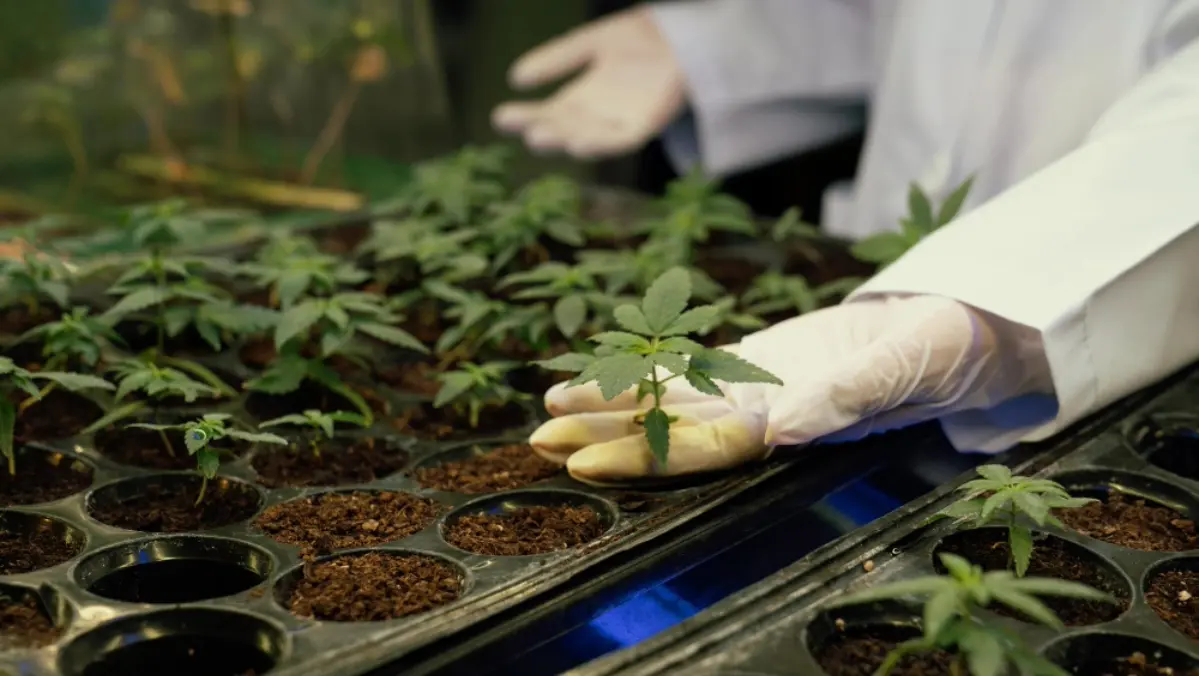
Additionally, the cultivation process is sped up by the use of cloning, which enables speedier turnaround times in comparison to the practice of growing from seeds. This efficiency is extremely important for commercial operations that aim to harvest numerous crops in a single year.
It is also easier for growers to scale their production precisely thanks to the uniformity obtained through cloning. This makes it simpler for cultivators to maximize the use of their space and resources.
On the contrary, the benefits of cloning would only be complete with its drawbacks. A significant limitation is the possibility that a crop would need more genetic diversity among its plants. Since cloned plants have the same genetic composition as their parents, the entire crop may be susceptible to the same diseases and pests.
Furthermore, the plants may lose their vigor and flexibility over multiple generations of cloning, which may affect the overall health of the crop.
The Reason For Offering Seeds Along With Clones
In cultivating marijuana plants, the key to consistent quality lies in selecting a stable seed strain lineage, ensuring reliability and predictability throughout the growth cycle, and ultimately yielding a harvest of superior and well-defined cannabis varieties. The integration of seeds alongside clones in the cannabis market is a strategic move rooted in foresight and an acknowledgment of the diverse needs of cultivators. The logic behind this dual offering is based on recognizing the inherent benefits and potential limitations associated with each propagation method.
Since seeds result from sexual reproduction, they inherently possess a greater genetic diversity than other products. This variety has the potential to lead to decreased adaptability, higher vigor, and increased resilience in the produced plants.
Through the provision of seeds, farmers can investigate the distinctive qualities that may reveal themselves due to the interaction between various genetic factors. Because of this diversification, the danger associated with relying entirely on cloning is reduced, and the crop produced is both more dynamic and more resilient.
Furthermore, farmers can begin anew with each planting cycle when they use seeds. This allows them to avoid the accumulation of diseases or pests that could be passed over through the process of cloning. This shift in perspective, which is moving away from procedures centered on cloning and toward those incorporating seeds, is in line with a larger trend in the industry toward cultivating sustainable and robust methods.
Cultivating a robust cannabis garden begins with the careful selection of high-quality seeds from reputable seed banks, laying the foundation for a successful and rewarding journey in growing cannabis from seeds.
Sometimes introducing new plants with unstable seed strains can be a risky venture, potentially compromising the reliability and consistency sought after by seasoned growers aiming for optimal harvests. That's why serious cannabis cultivators prioritize stability when selecting seeds, as relying on an unstable seed strain may jeopardize the potential for yielding cannabinoid-rich buds, the prized outcome desired by those seeking top-quality harvests.
Mendocino Clone Company's Seed Offerings
Mendocino Clone Company has become known as an innovator in the diversified landscape of cannabis growing. They have reshaped the story by placing a strategic emphasis on seeds in addition to the typical cloning procedures that have been used in the past. By taking this unique approach, Mendocino demonstrates its dedication to supplying growers with a comprehensive arsenal that acknowledges the one-of-a-kind advantages that seeds bring.
The choice made by Mendocino Clone Company to broaden the scope of its products and services to include seeds is not only a practical commercial plan but also a significant paradigm change. The awareness of the inherent unpredictability and potential weaknesses connected with clones is the source of this phenomenon.
Mendocino seeds are offered as a durable alternative since they have a natural resistance to diseases and pests. This is one of the reasons why they are so popular. This provides farmers with a basis for developing a crop that is not only sturdy but also naturally uncontaminated.
A cultivation journey that extends beyond the field of cloning and embraces the dynamic potential that is embedded in each seed is something that cultivators are encouraged to explore as a result of this strategic move. In the quest for maximum growth, elevated THC levels, and heightened terpene profiles, starting with seeds becomes a logical choice.
The Benefits Of Starting From Stabilized Seeds For A Healthier, Cleaner Crop
In cannabis cultivation, the decision of whether to begin with seeds or clones can have a considerable impact on the overall health and cleanliness of the crop that is eventually produced. Using stabilized seeds, which is becoming increasingly popular among farmers, provides a wide range of advantages beyond the germination stage. These advantages contribute to the general health of the crop as well as the sustainability of cultivation processes.
- Genetic resilience and diversity: Incorporating stabilized seeds into the growing process brings an essential component of genetic variety and robustness. The careful preservation of these seeds has resulted in a powerful genetic composition that increases the plants' general robustness. This makes the crop more resistant to outside stresses. Still, it also helps increase genetic diversity, which is essential for creating a cannabis ecosystem that can withstand and even thrive in harsh conditions. A genetically diverse crop is inherently more resistant to pests and diseases, reducing the need for chemical interventions and promoting a cleaner cultivation environment.
- Less possibility of harmful agents: Starting cultivation using stabilized seeds has many benefits, one of the most important being the reduced likelihood of infections. Unlike cloned plants, which can inherit any illnesses from their mother plant, seeds are completely disease-free. Not only does this guarantee a stronger crop start, but it also reduces the need for pesticides and fungicides.
- Enhanced opportunity for growth: By carefully breeding and back-crossing seeds, growers can bring forth the plants' full growth potential. The end result is crops that are healthy throughout their lifecycle, thanks to their solid and robust growth from the beginning. By encouraging a robust and resilient plant structure that can endure many types of environmental stress, this increased growth capacity not only improves the overall output but also helps keep the crop clean.
- Chemical composition: THC and Terpene Levels: The advantages of growing plants from stabilized seeds go beyond their outward look and into their chemical makeup as well. Stabilized seeds, often bred for specific traits, are pivotal in influencing the final crop's THC and terpene levels. A higher-quality and more potent crop of cannabis is the result of selective breeding that produces a less volatile and more predictable composition of cannabinoids and terpenes. Using stabilized seeds, growers can influence the crop's sensory and experience qualities in addition to its physical ones.
- Long-term sustainability and preservation: Adopting stabilized seeds as a foundation for growing is in line with a larger dedication to sustainability in the long run. To help preserve heirloom strains and genetic variety within the cannabis species, growers intentionally choose seeds that have been stabilized.
Emerging Techniques Combining Seeds And Clones
The cannabis cultivation industry is constantly changing, but new techniques that combine the best of clones and seeds are opening up exciting new possibilities. Hybrid approaches that take advantage of the best features of traditional and modern procedures are becoming more popular among growers. There has been a paradigm change at the crossroads of seeds and clones, opening up fresh possibilities and increasing cultivation efficiency.
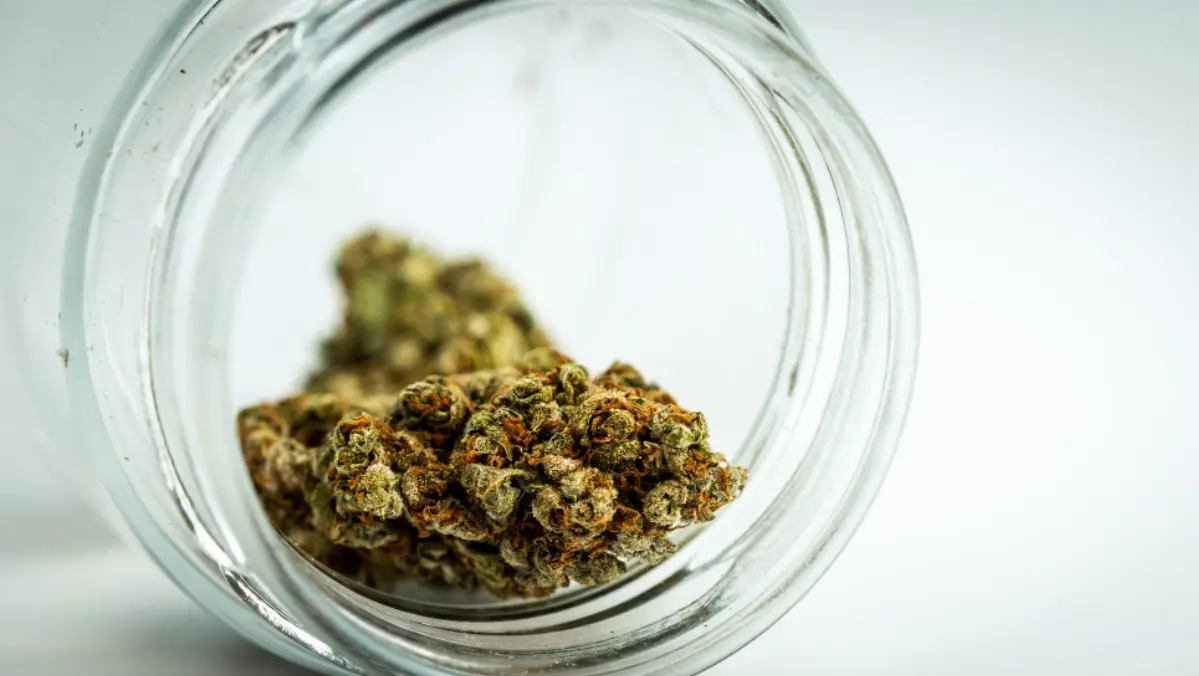
New methods intelligently incorporate clones and seeds to take advantage of genetic diversity. Cultivators increase a crop's adaptability and resilience by starting the cultivation cycle with seeds, which expose it to a broader genetic spectrum. After that, clones can be added to make it even more predictable and uniform by duplicating certain desirable qualities. This innovative method gives farmers the best of both worlds by combining genetic variety with targeted trait replication in a balanced way.
Cannabis Seeds And Clones: Optimizing Growth Cycles
To maximize efficiency, new methods take into account the temporal aspects of growth cycles. Using seeds promotes a robust and organic germination process, capitalizing on the inherent vitality of the plants. Achieving consistent growth and maturity throughout the cultivation cycle is made possible by strategically introducing clones at critical times. Hybrid methods allow for the synchronization of growth cycles, improving crop health and output while streamlining cultivation processes.
Enhanced Environmental Adaptability
Improving environmental flexibility is a critical component of new approaches, which is an attractive feature. Since they are the product of sexual reproduction, seeds can have various genetic variations. The crop can handle many types of weather better because of its diversity.
By carefully introducing clones, growers can modify specific characteristics, creating plants that can adapt to their surroundings and thrive there. The combination of seeds and clones is a potent weapon for farmers looking to build resilient crops that can withstand unpredictable weather.
Research And Development In Creating Hybrid Cultivation Methods
Dedicated research and development efforts are aiming to create hybrid production methods that surpass traditional restrictions in the world of cannabis culture, which is currently experiencing a revolutionary period.
Efficient, sustainable, and optimal cultivation procedures are the driving forces behind this dynamic study. A new era in cannabis growing is about to begin as the industry grows and traditional and contemporary techniques work together.
Technologies For Precise Breeding
Research and development focus on developing hybrid culture systems by integrating precision breeding technologies. Thanks to recent innovations like CRISPR gene editing and marker-assisted selection, farmers can now control certain genetic features with remarkable precision.
Thanks to this degree of accuracy, growers may now fine-tune the traits of seeds and clones to produce unique plants with improved resilience, strength, and versatility. State-of-the-art hybrid cultivation is defined by combining modern breeding technology with more conventional propagation techniques.
Adaptive Nutrient Delivery Systems
To address the unique challenges of hybrid farming, scientists are investigating ways to distribute nutrients adaptively. One way to ensure seeds get all the nutrients they need during germination and the first stages of growth is to modify nutritional formulations for clones as they go through the propagation and maturation processes.
This degree of nutrient delivery adjustability improves plant health, growth cycles, and yield potential. The research-driven refinement of nutrient delivery is a pivotal component in the evolution of hybrid cultivation methods.
Digital Monitoring And Automation
New digital monitoring and automation technologies make it even easier to connect clones to seeds. Modern greenhouses have intelligent systems that track the weather, plant development, and nutritional needs in real-time.
With this data-driven method, cultivation conditions may be fine-tuned for the benefit of every plant, whether it's grown from seed or a clone. By automating routine tasks, growers can save time and energy while exerting greater command over their hybrid growing conditions.
The Bottom Line
When looking ahead to the future of cannabis growing, the story delves into the unexplored realm of new techniques and hybrid production methods, going beyond the traditional binary of clones vs seeds. A new era in cannabis growing is coming, characterized by an all-encompassing strategy that goes beyond conventional limits, brought about by the fusion of ancient methods with modern innovations.
The options are endless when growers combine the best of clones and seeds, creating a mosaic of genetic variety, optimal development cycles, and increased adaptability.
Disclaimer: This material is for informational purposes only and should not be relied on for legal, medical, financial, or other professional advice.

%20(1).jpg?1704804791865)
.jpg?1704805134030)
